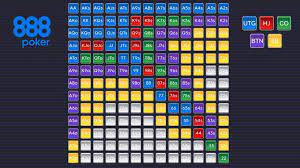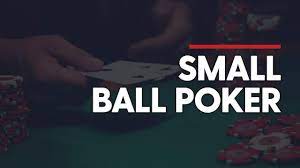Even before they were invented, poker calculators were used by Texas Hold’em pros to help them decide whether to stay in a hand or not. The owners of poker calculators, such as the Poker Tracker and Holdem Manager, stress the odds they are making in order to make large profits, often referred to as turning points, in their poker client. By turning points, they are actually turning a profit, but they also know that the odds they are making are profitable to opponents who are desperate to pick up a hand.
If we go back to that original question, were the calculator and poker room forcing you to play, then the answer is clearly no. If the poker calculator calculated your poker hand odds at the time of the raise then the hand is probably not worth raising for, even if you believe you are the best hand. In other words, the calculator is telling you that you are making a terrible hand, but it is not telling you anything about whether you should stay in the hand or not. As far as the poker room is concerned, they have no vested interest in seeing any particular hand win, so they set the odds at whatever they think the heads up odds are.
In order to understand how the odds are calculated, we have to understand the sorts of hands that are possible to get on the flop. There are 169 different possible two hole cards that can be made in a ten handed game, and if you multiply this by Data Hk 6d 2022, you will arrive at 36.6% (like “there are 34 ways to be dealt a pocket pair”). There are a total of 52.7% ways to be dealt any two cards. These are the odds that the poker room is making the mathematical equation for.
Clearly knowing the odds for the different draws out there is very important, and knowing what they are as opposed to what you think they are is vitally important to your decision making.
How Do You Calculate Odds?
You do not have to continue to use this exact same formula, because it is not exactly what you are after.
For instance, if you are trying to get your opponent to fold, one way of doing so is to make a bet that is small enough to get your opponent to fold, but large enough to call. However, if you only make a small bet, your opponent may still have a couple of things going for him, such as a flush or two pair.
The next guideline is to estimate your opponent’s hand, and then estimate his chances of having a better hand than you. Let’s say you have 4-7 and your opponent has Q-6. In this situation, it is about a 60% chance for you to win the hand, or 60% / 4 = 40% for your side. This would be called an 80% chance. However, there is an overhead in this. You have to pay out $40 to your opponent, so you are only getting $10 back. Obviously, you don’t get the whole $40, but you get 60% of it back, or $20.
So, if we call this a push, we are basically even, because you squared the odds and knew you were hand losing the exchange.
What if you had instead bet $50, or even $100, and your opponent had made the same call? In this situation, you may actually lose the exchange, instead of winning, because of the overhead involved.
The point is that you have to bet a specific amount before your opponent can call the bet. In the above situation, your opponent would have had to fold in the same situation whether you called or not.

